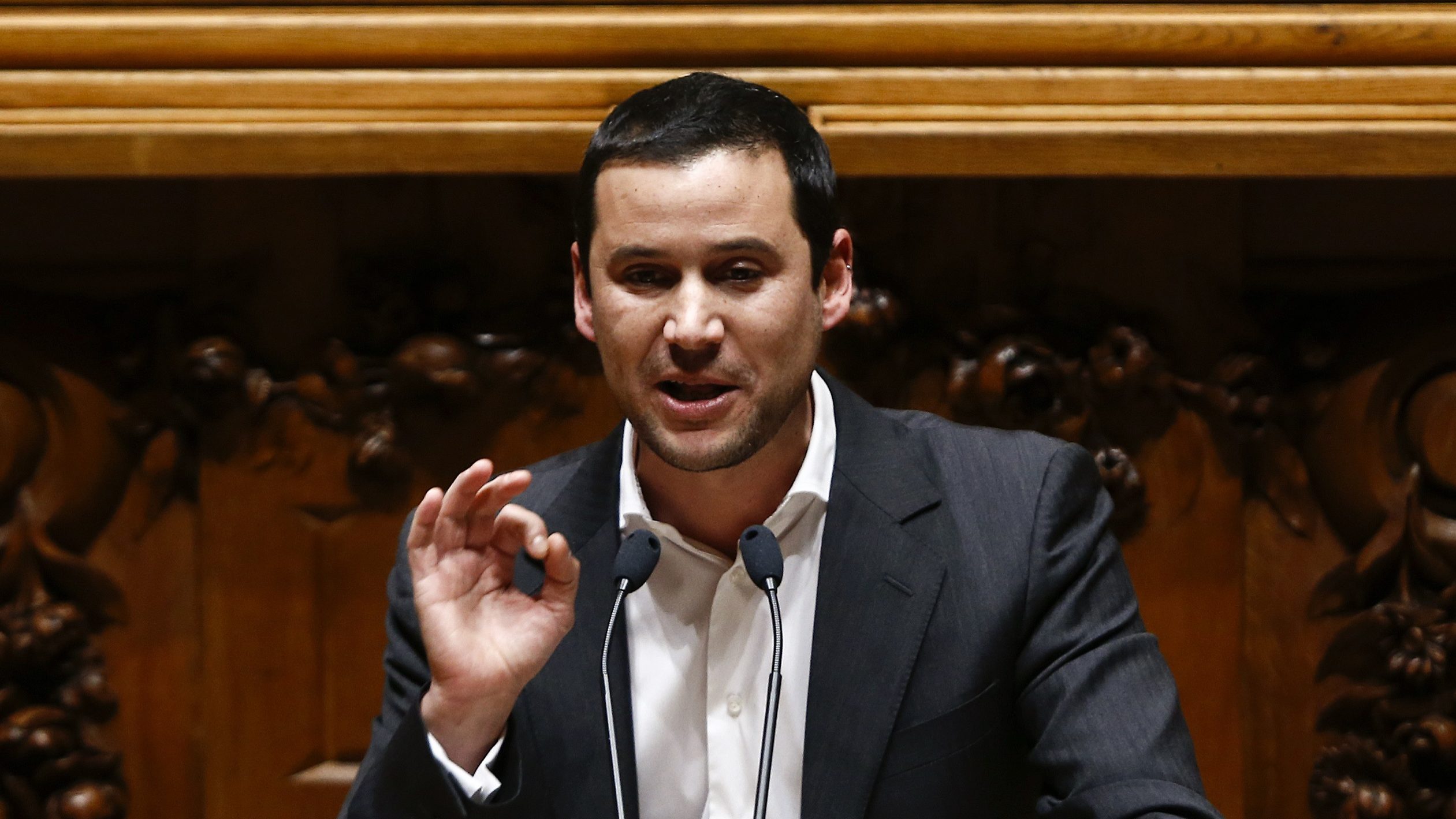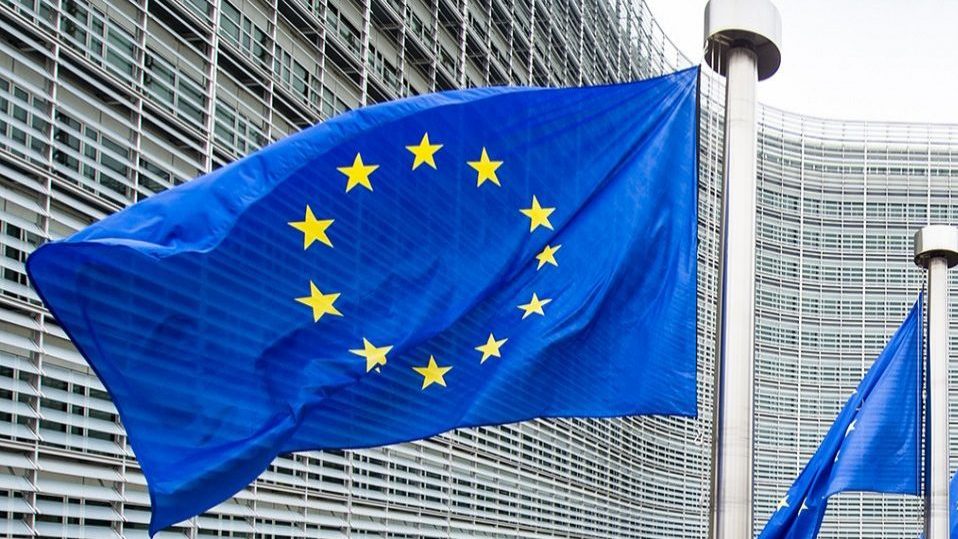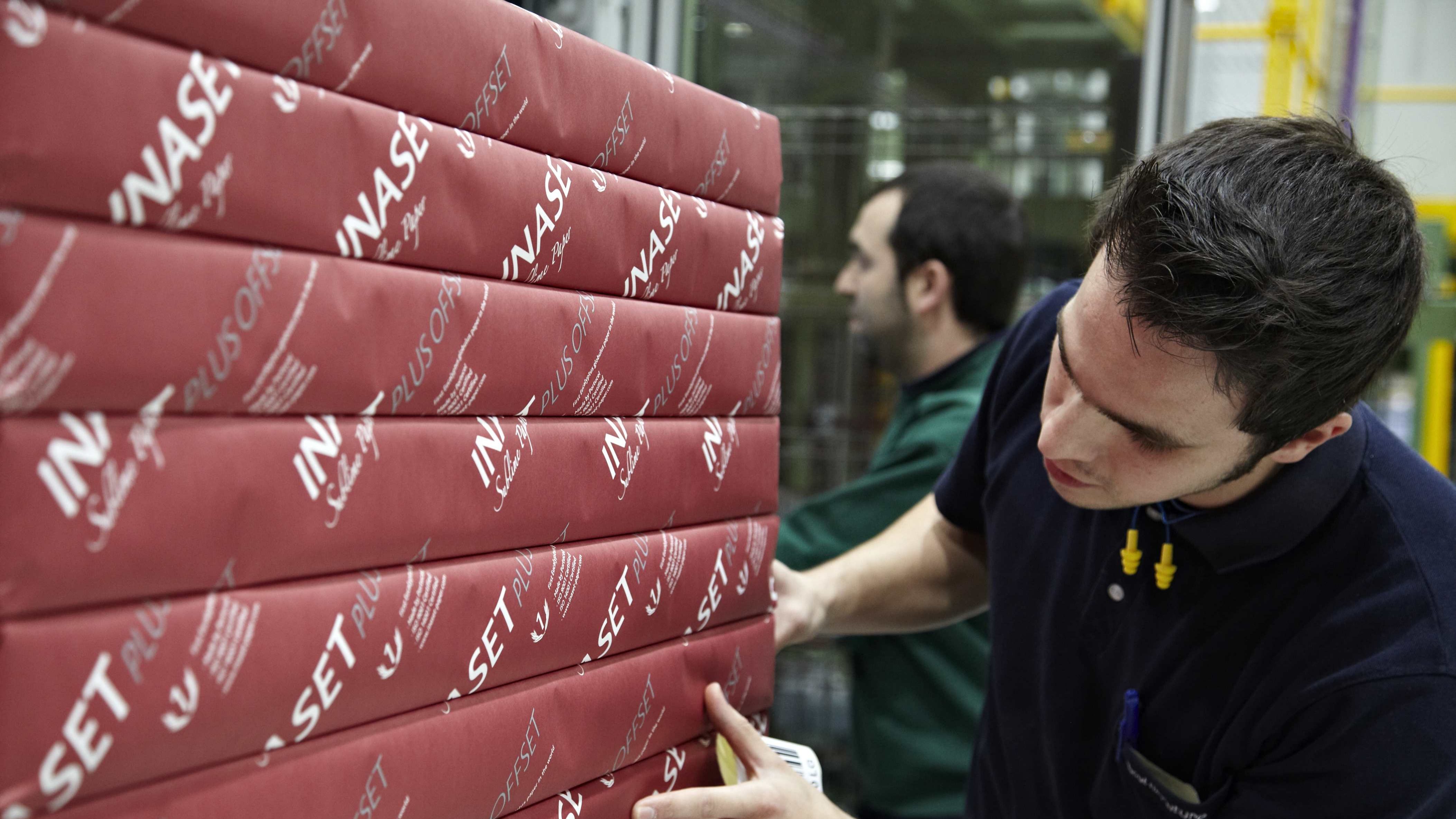EU invests 122 million to decarbonise the economy and selects two Portuguese projects
The European Union is investing €118 million into 32 small innovative projects located in 14 EU member states, Iceland and Norway.
Two Portuguese projects are highlighted in the new EU investment package, totalling €122 million in innovative projects to decarbonise the economy. One of them is in charge of Navigator Pulp Setúbal and will be developed in Portugal, in the pulp sector. The other, in the solar energy field, is the BHyPER Community, led by Hyperion Energy Investments.
The European Commission announced on Tuesday that for the first time since the creation of the Innovation Fund, the EU will invest €118 million into 32 small innovative projects in 14 member states, Iceland and Norway.
These grants – in which Navigator’s project is included – will support projects “aiming to bring low-carbon technologies to the market in energy-intensive industries, hydrogen, energy storage and renewable energies,” according to the European Commission.
In addition, there are also 15 projects in 10 EU member states and Norway that will benefit from project development assistance of up to €4.4 million. One of these projects is by Hyperion Energy Investments.
In Navigator’s case, the project concerns the conversion of a pulp mill fuel source to biomass. The aim is to reduce greenhouse gas emissions by 76% from the pulp mill’s lime kiln, in order to allow a fuel shift to 100% hardwood residues (eucalyptus sawdust) and softwood (pellets).
As for Hyperion’s BHyPER Community project, it will deliver green hydrogen to a local industrial site backed by Photovoltaic (PV) generation and a battery system.
“With today’s investment, the EU is giving concrete support to clean tech projects all over Europe to scale up technological solutions that can help reach climate neutrality by 2050. The increase of the Innovation Fund proposed in the Fit for 55 Package will enable the EU to support even more projects in the future, speed them up, and bring them to the market as quickly as possible,” said European Commission Executive Vice-President Frans Timmermans.


